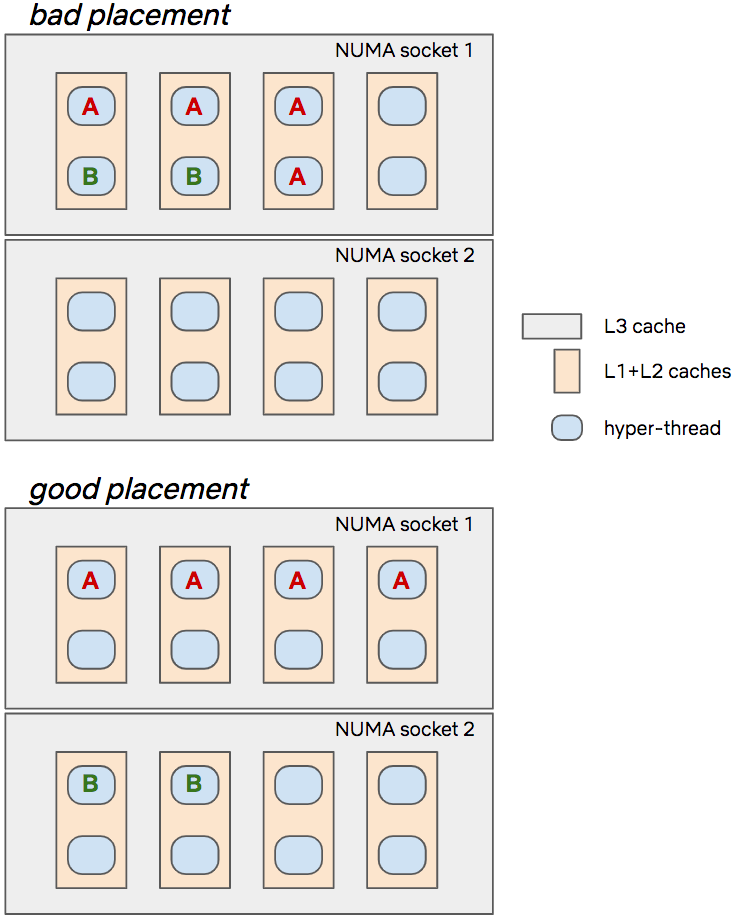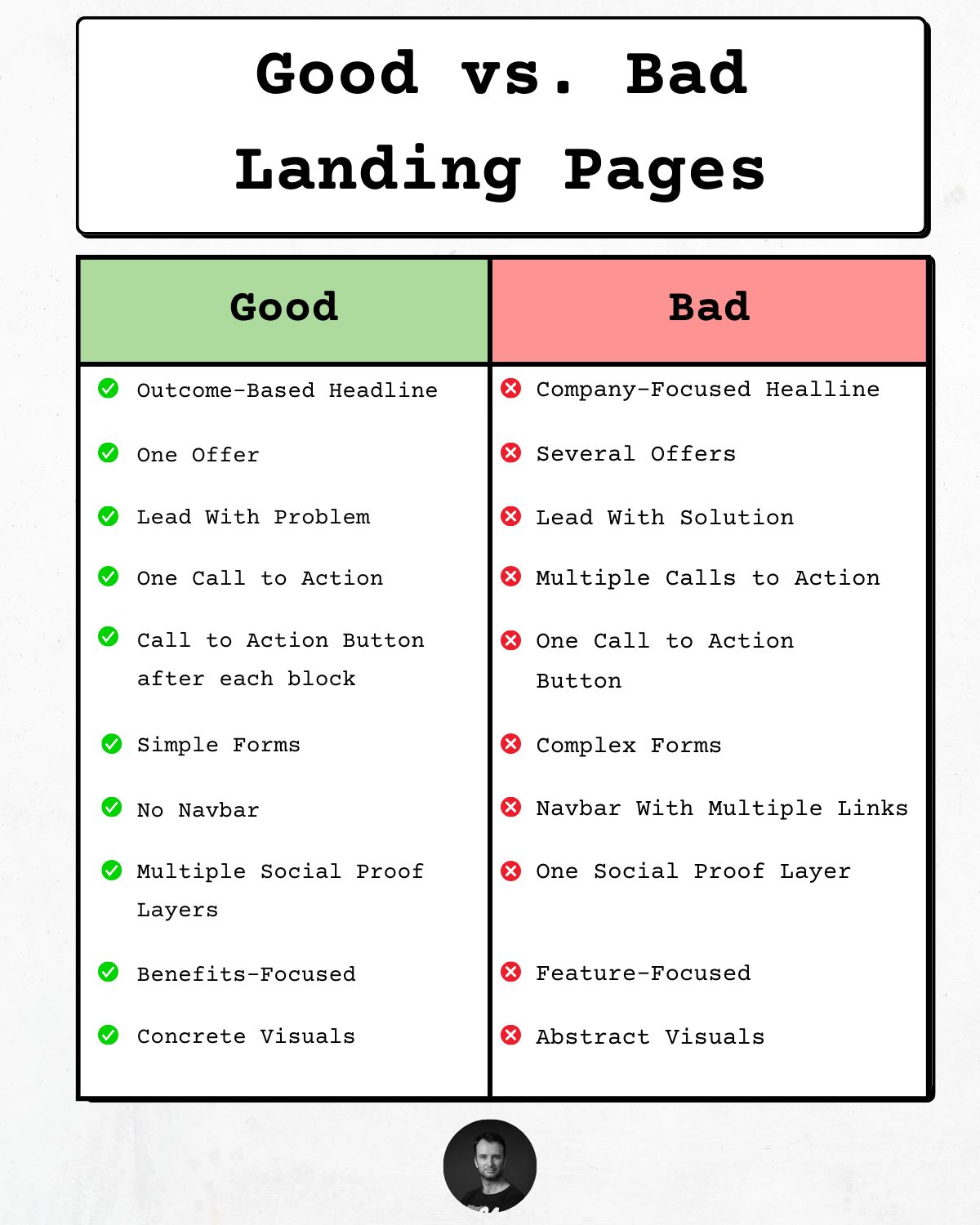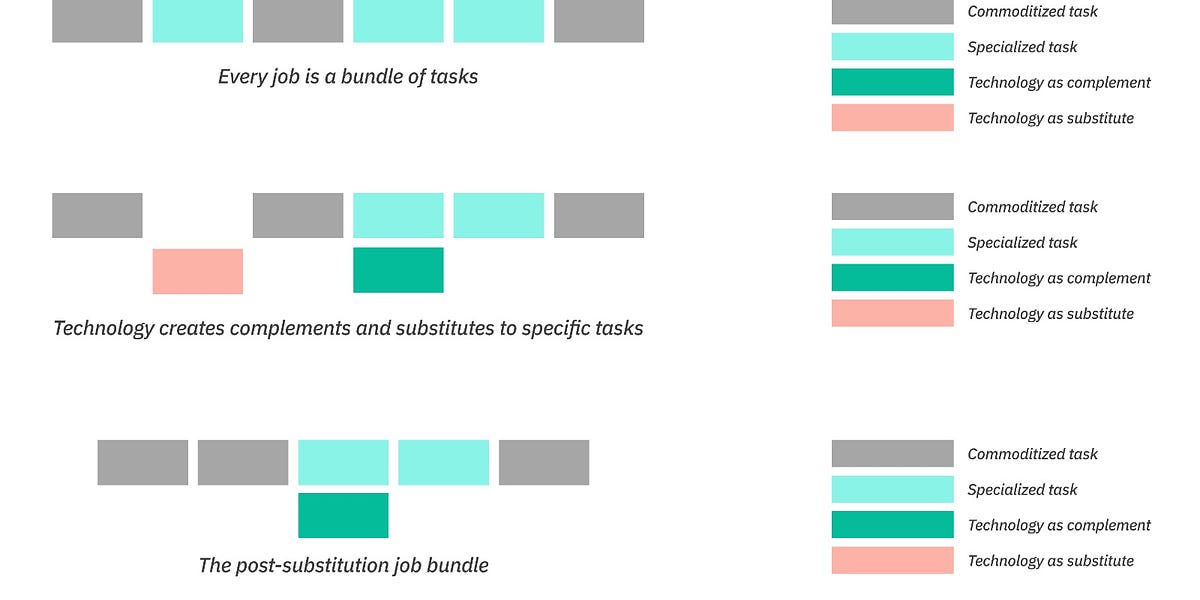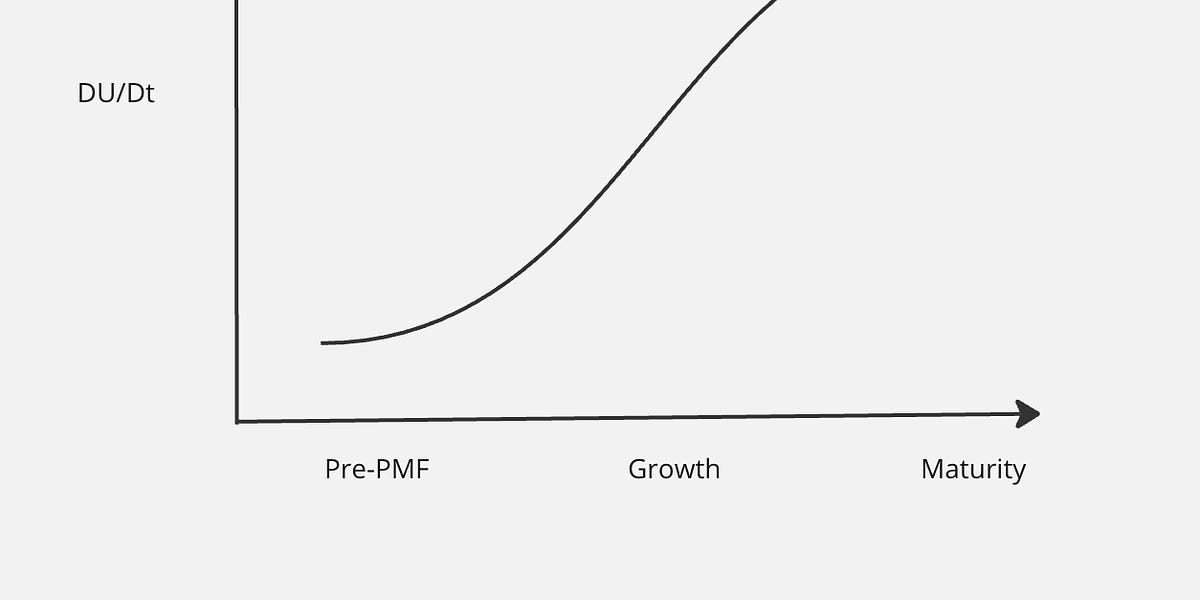Keep up with tech in 5 minutes
Get the free daily email with summaries of the most interesting stories in startups 🚀, tech 📱, and programming 💻!
Join 1,250,000 readers for

Tesla will lay off more than 10% of global workforce: Read the Elon Musk memo (5 minute read)
Elon Musk sent a memo to Tesla employees saying that the company will lay off more than 10% of its global workforce. Tesla had 140,473 employees as of December 2023. Its shares have fallen 31% year to date. Electric vehicle sales are gaining popularity worldwide, but the company is facing more competition now than ever. It is also dealing with other challenges, such as logistical problems caused by Yemeni Houthi maritime attacks in the Red Sea and production suspension at its gigafactory near Berlin due to suspected arson at a nearby electricity substation. A copy of the memo from Musk is available at the end of the article.
Apr 16 | Design
IKEA unveils inflatable chair that "challenges traditional gaming design" (5 minute read)
During Milan Design Week, IKEA introduced the Brännboll gaming furniture collection, offering versatile pieces that cater to casual gamers and blend into everyday home decor while promoting comfortable and immersive gameplay. The collection includes innovative designs like an inflatable chair, a rocking easy chair for dynamic movement, spill-proof accessories, and multi-functional storage solutions that double as furniture.
Apr 16 | Webdev
STOP CODING FORMS WITH A FULLY-INTEGRATED DRAG-AND-DROP FORM BUILDER (Sponsored)
Tired of coding forms? With SurveyJS UI components, you can generate and style dynamic JSON-based forms of any complexity right in your JavaScript application with no need for manual coding.
The libraries utilize JSON objects for both form metadata and results, and support seamless integration with any backend system. You can render your custom forms and collect responses, while retaining full control over your data.
The JSON form builder component offers a user-friendly drag-and-drop interface, GUI for form branching, and an integrated CSS theme editor for customizing form design.
Check out its free full-featured demo to explore its capabilities firsthand.
Apr 16 | Marketing
Gen Z is the most unhappy generation ever (2 minute read)
Gen Z, born between 1996 and 2005, is experiencing high levels of unhappiness. This is largely attributed to smartphones and social media. Data shows a concerning increase in depression rates among this generation, prompting calls for regulation of smartphone usage. The shift towards a “phone-based childhood” has led to decreased social interaction, increased loneliness, and a decline in ambition among Gen Z.



/cdn.vox-cdn.com/uploads/chorus_asset/file/25394750/All_Colors_Back.jpg)
































































![Why CryptoPunks are [Still] Valuable (7 minute read)](https://images.mirror-media.xyz/nft/3LVizKZxcr37ShLR-TfDB.png)








































